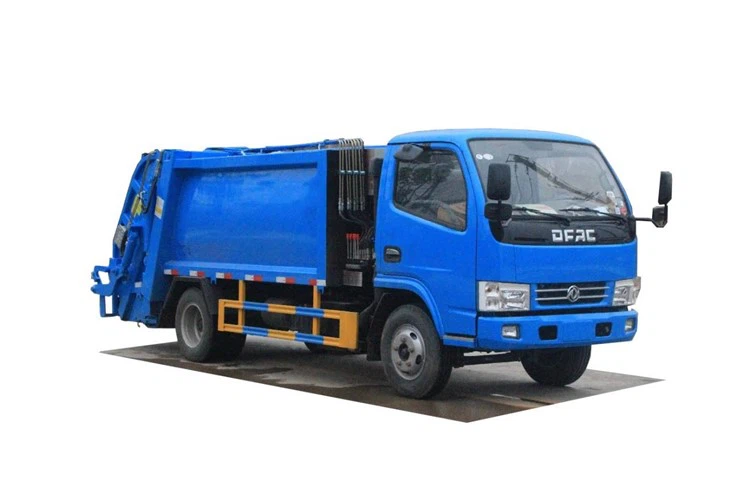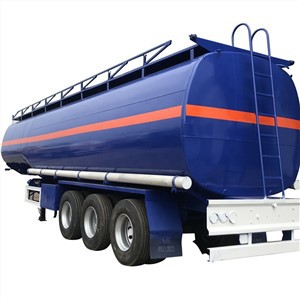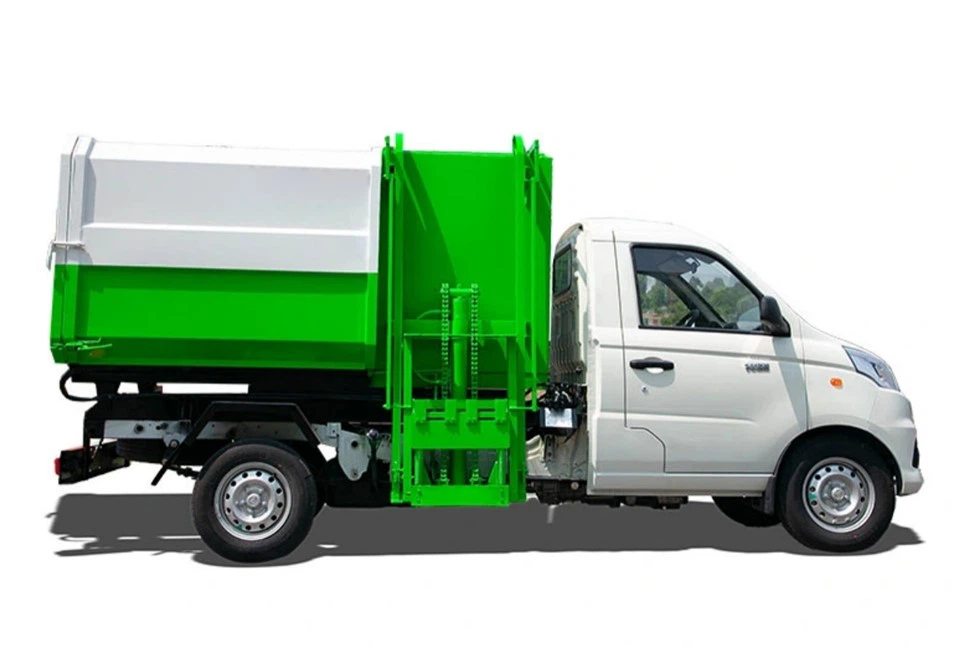Everything You Need to Know About McNeilus Trash Trucks

Introduction
In the waste management industry, the efficiency and reliability of trash collection vehicles play a crucial role. McNeilus Trucks, a leader in this field, has been setting standards with their innovative and durable trash trucks. From advanced engineering designs to user-friendly operations, McNeilus trash trucks have become an essential component for municipalities and waste management companies alike. This article will explore all aspects of McNeilus trash trucks, highlighting their features, benefits, maintenance tips, and frequently asked questions.
1. Overview of McNeilus Truck and Manufacturing Company
McNeilus Truck and Manufacturing Company has been a prominent player in the refuse truck industry for decades. Established in the 1970s, the firm specializes in manufacturing reliable and high-quality refuse collection vehicles. Their strong commitment to innovation and quality has made them a trusted name in waste management.
1.1 History
Founded in 1970, McNeilus began as a small manufacturing operation with a focus on concrete mixer trucks. Over the years, they recognized the growing need for efficient waste collection trucks and shifted their focus to manufacturing refuse trucks. Today, McNeilus is synonymous with quality in the trash truck industry.
1.2 Product Range
McNeilus offers a variety of refuse collection vehicles. Their main product lines include:
- Rear Loader Trucks: Known for their compact design, ideal for residential and commercial waste collection.
- Front Loader Trucks: Equipped with powerful lifting capabilities, suitable for commercial waste management.
- Side Loader Trucks: Designed for automating the collection process, enhancing efficiency.
2. Key Features of McNeilus Trash Trucks
McNeilus trucks are renowned for their cutting-edge features. Let’s explore some of the most notable aspects:
2.1 Durable Construction
McNeilus trucks are built with high-quality materials that ensure durability and longevity. The robust design allows them to withstand harsh operating conditions, making them ideal for both urban and rural settings.
2.2 Advanced Technology
The integration of technology enhances the functionality of McNeilus trash trucks. Features like GPS tracking, onboard diagnostics, and automated routes facilitate better management of waste collection operations.
2.3 Ergonomics and Safety
McNeilus places great emphasis on operator safety and comfort. Their trucks are designed with ergonomic controls, enhanced visibility, and sturdy ladders to ensure that operators can work efficiently while minimizing the risk of injury.
2.4 Fuel Efficiency
With a growing focus on sustainability, McNeilus trucks are engineered to be fuel-efficient, helping reduce emissions and operational costs for waste management companies.
3. Benefits of Using McNeilus Trash Trucks
The decision to choose McNeilus trash trucks comes with multiple advantages. Understanding these benefits can assist municipalities and waste management leaders in their purchasing decisions.
3.1 Reliability
McNeilus trucks are known for their operational reliability. Fewer breakdowns mean more time spent collecting waste rather than in the repair shop, enhancing productivity.
3.2 Cost-Effectiveness
While the initial investment can be high, the longevity and fuel efficiency of McNeilus trucks lead to significant long-term savings in maintenance and fuel costs.
3.3 Comprehensive Support
McNeilus offers excellent customer service and support. From training to parts supply, customers can rely on McNeilus for ongoing assistance throughout the lifespan of their vehicles.
4. Maintenance Tips for McNeilus Trash Trucks
To ensure optimal performance and longevity of McNeilus trucks, regular maintenance is essential. Here are practical maintenance tips:
4.1 Regular Inspections
Conducting regular inspections can help identify and address potential issues before they become significant problems. Check brake systems, tires, and hydraulic fluids frequently.
4.2 Cleaning and Sanitizing

Keeping the trucks clean is vital, as waste residues can cause corrosion over time. Regularly wash the truck and sanitize the interior to maintain a healthy work environment.
4.3 Scheduled Servicing
Following the manufacturer’s recommended servicing schedule ensures that all mechanical components are in good working order. Utilize authorized service centers when possible.
4.4 Operator Training
Ensure all operators are trained in the proper handling and operation of McNeilus trucks. This reduces wear and tear and helps prevent accidents.
5. Real-World Examples of McNeilus Trash Trucks in Action
Various municipalities have successfully integrated McNeilus trash trucks into their waste management systems. Here are a couple of examples:
5.1 City of Minneapolis
The City of Minneapolis operates a fleet of McNeilus rear loader trucks for their residential waste collection program. The city has reported a significant improvement in waste collection efficiency and customer satisfaction since deploying these vehicles.

5.2 Miami-Dade County
Miami-Dade County utilizes McNeilus side loader trucks for its commercial waste services. The automated features have streamlined operations, allowing crews to cover more ground in less time.
6. Integrating Technology into Waste Management
As the waste management industry evolves, McNeilus trucks incorporate advanced technologies to meet growing demands.
6.1 Smart Fleet Management
Using GPS tracking, municipalities can optimize collection routes, reducing fuel costs and improving service times. McNeilus trucks equip customers with tools to monitor performance.
6.2 Automated Collection Systems
McNeilus side loader trucks feature automated arms that lift bins with precision and speed, minimizing the manual handling of waste and increasing safety.
7. Environmental Responsibility and Sustainability
Environmental concerns are at the forefront of waste management. McNeilus is committed to sustainability by offering trucks that reduce emissions and foster recycling efforts.

7.1 Emission Standards Compliance
McNeilus trucks are built to meet or exceed stringent emission standards, supporting municipal efforts to create cleaner environments.
7.2 Promoting Recycling Initiatives
The design of McNeilus trucks facilitates the efficient collection of recyclables, encouraging communities to participate in recycling programs and reduce landfill waste.
8. Frequently Asked Questions (FAQs)
8.1 What types of McNeilus trucks are available?
McNeilus offers rear loader, front loader, and side loader trash trucks, each designed to serve different types of waste collection needs.
8.2 How long can a McNeilus truck last?
With proper maintenance, McNeilus trucks can last anywhere from 10 to 15 years, depending on usage and operating conditions.
8.3 Are McNeilus trucks fuel-efficient?
Yes, McNeilus trucks are designed for fuel efficiency, helping to reduce operational costs and emissions compared to older models.
8.4 What maintenance do McNeilus trucks require?
Routine maintenance includes regular inspections, servicing per manufacturer guidelines, and thorough cleaning to prevent corrosion and other damages.
8.5 How can I contact McNeilus for support?
You can contact McNeilus through their official website or customer service line for support, service inquiries, and parts requests.
8.6 Are McNeilus trucks safe to operate?
Yes, McNeilus incorporates safety features in their truck designs to enhance operator safety and minimize the risk of accidents.
